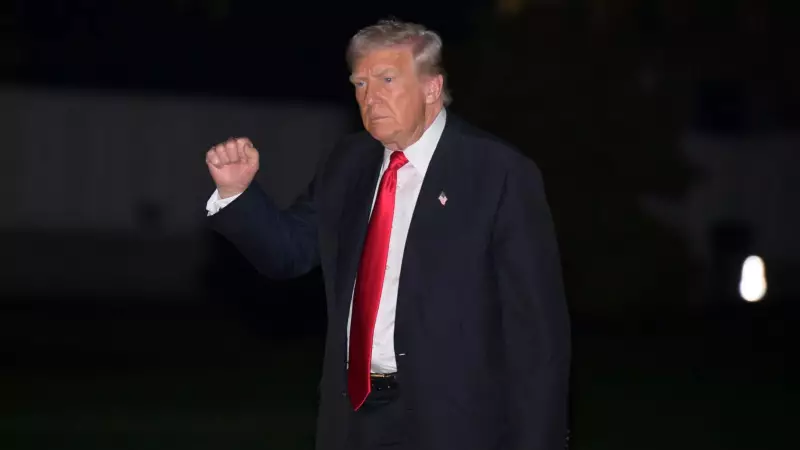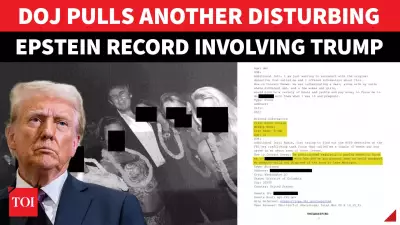
The United States government made significant changes to its federal hiring practices during the Trump administration's immigration crackdown, bringing on board more than 100 workers through a controversial process that bypassed standard civil service protections.
Unconventional Hiring Process Revealed
According to recent findings, the US government hired approximately 100 federal employees using special authority that allowed them to circumvent traditional competitive hiring procedures. These appointments occurred between 2020 and 2021, primarily within agencies responsible for implementing strict immigration policies.
The hiring mechanism used was Schedule A authority, which permits direct hiring for positions where the government faces critical needs or severe shortages of qualified candidates. However, critics argue this authority was stretched beyond its intended purpose to bring in personnel aligned with the administration's hardline immigration agenda.
Targeted Immigration Enforcement Roles
Most of these specially hired workers were placed in roles directly involved with immigration enforcement and policy implementation. The positions spanned multiple agencies including Immigration and Customs Enforcement (ICE), Customs and Border Protection (CBP), and the Department of Homeland Security headquarters.
These appointments represented a significant departure from standard federal hiring practices, which typically require competitive examinations, veteran preference points, and other civil service protections. The Schedule A authority allowed the administration to quickly staff positions without going through these conventional channels.
Impact on Immigration Policy Implementation
The strategic placement of these workers had substantial implications for how immigration policies were executed during the Trump presidency. Many of the hired individuals were tasked with implementing controversial measures including the "Remain in Mexico" program, border wall construction projects, and various interior enforcement operations.
Government watchdog groups have raised concerns about the potential for political influence in these hiring decisions. The concentration of these non-competitive appointments in immigration-related roles suggests a deliberate strategy to accelerate policy implementation without the typical bureaucratic hurdles.
Current administration officials have acknowledged these hiring practices and are reviewing their appropriateness. Some career civil servants have expressed concerns that these appointments created parallel structures within agencies that sometimes bypassed established protocols and expertise.
Long-term Implications for Federal Workforce
The revelation of these hiring practices has sparked broader discussions about the proper use of special hiring authorities and the balance between efficient government operations and civil service protections. Experts note that while Schedule A authority serves legitimate purposes, its application in politically sensitive areas requires careful scrutiny.
The debate continues about whether these hiring practices established precedents that could affect future administrations seeking to rapidly implement their policy agendas. Some career officials worry that increased use of such authorities could undermine the non-partisan nature of the federal workforce.
As the current administration reviews these appointments, the situation highlights ongoing tensions between political priorities and traditional civil service systems in the US government. The outcome of these reviews could shape how future administrations approach federal hiring, particularly for positions central to implementing controversial policies.





